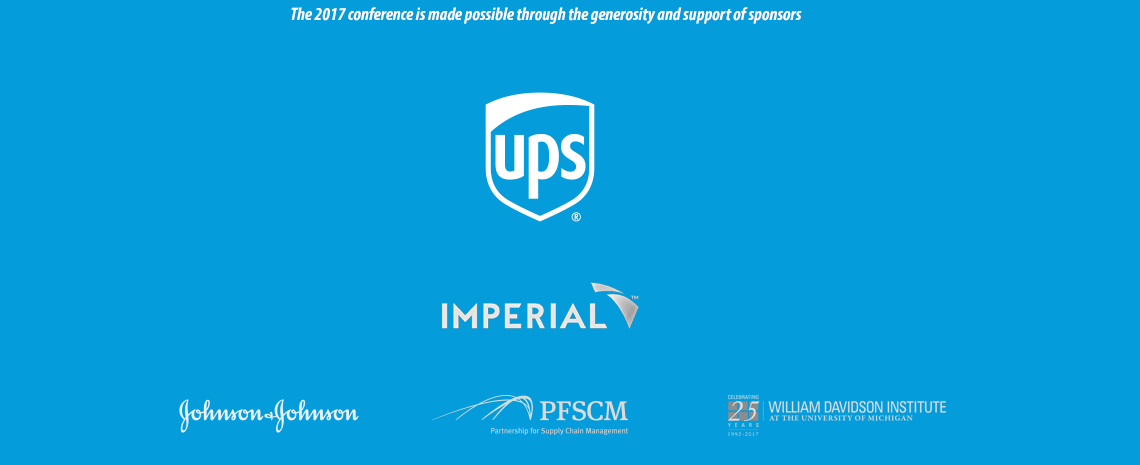Area Information
Welcome to Copenhagen! You will find some overview information below for your reference, or you may also wish visit Copenhagen sites for tourists such as http://www.visitcopenhagen.com/copenhagen-tourist, http://cph-tourist.dk/, or http://www.copenhagen.com/.
ARRIVING TO THE CONFERENCE:
The conference will take place at the UN City. Please CLICK HERE for general information on visiting the UN City, arrival and transportation in Copenhagen hotel recommendations, security, and other important topics.
As Copenhagen is one of the most bicycle-friendly cities in the world, with over 454km of bike lanes and 56% of the population commuting to work by bicycle, we suggest that you explore the city on two wheels! If you wish to commute by bicycle to the UN City conference venue, it is just a 15 min ride from the center of the city (or the Imperial Hotel, which has a limited number of bicycles available for guests). There are many places to rent/hire bicycles throughout the city: please see http://www.visitcopenhagen.com/copenhagen/transportation/copenhagen-bike-rentals.
By Niels Rydahl Jensen (Own work) [CC BY-SA 3.0], via Wikimedia Commons
Copenhagen is the capital city of Denmark with a municipal population of 591,481 and a larger urban population of 1,280,371 (as of 1 January 2016). The Copenhagen metropolitan area has just over 2 million inhabitants. The city is situated on the eastern coast of the island of Zealand; another small portion of the city is located on Amager, and is separated from Malmö, Sweden, by the strait of Øresund. The Øresund Bridge connects the two cities by rail and road.
Since the turn of the 21st century, Copenhagen has seen strong urban and cultural development, facilitated by investment in its institutions and infrastructure. The city is the cultural, economic and governmental centre of Denmark; it is one of the major financial centres of Northern Europe with the Copenhagen Stock Exchange. Copenhagen's economy has seen rapid developments in the service sector, especially through initiatives in information technology, pharmaceuticals and clean technology. Since the completion of the Øresund Bridge, Copenhagen has become increasingly integrated with the Swedish province of Scania and its largest city, Malmö, forming the Øresund Region. With a number of bridges connecting the various districts, the cityscape is characterized by parks, promenades and waterfronts. Copenhagen's landmarks such as Tivoli Gardens, the Little Mermaid Statue, the Amalienborg and Christiansborg palaces, Rosenborg Castle Gardens, Frederik's Church, and many museums, restaurants and nightclubs are significant tourist attractions.
Copenhagen is home to the University of Copenhagen, the Technical University of Denmark and Copenhagen Business School. The University of Copenhagen, founded in 1479, is the oldest university in Denmark. Copenhagen is home to the FC København and Brøndby football clubs. The annual Copenhagen Marathon was established in 1980. Copenhagen is one of the most bicycle-friendly cities in the world. The Copenhagen Metro serves central Copenhagen together with the S-train network connecting the outlying boroughs. Serving roughly 2 million passengers a month, Copenhagen Airport, Kastrup, is the largest airport in the Nordic countries.
Courtesy of Wikipedia
Travel and Tourism Websites
- VisitCopenhagen.com
- Trip Advisor - Copenhagen
- Lonely Planet - Copenhagen
- PlanetWare - 12 Top Tourist Attractions
Local Weather
About the Conference Series
The Health & Humanitarian Conference series is organized each year by the Center for Health & Humanitarian Systems (CHHS) at Georgia Tech in partnership with INSEAD, MIT, and Northeastern University, with generous support from corporate and other organizational sponsors.
Stay Connected on:
Contact
- humlogconf (@) gatech.edu
- 755 Ferst Drive, Atlanta, GA 30332







